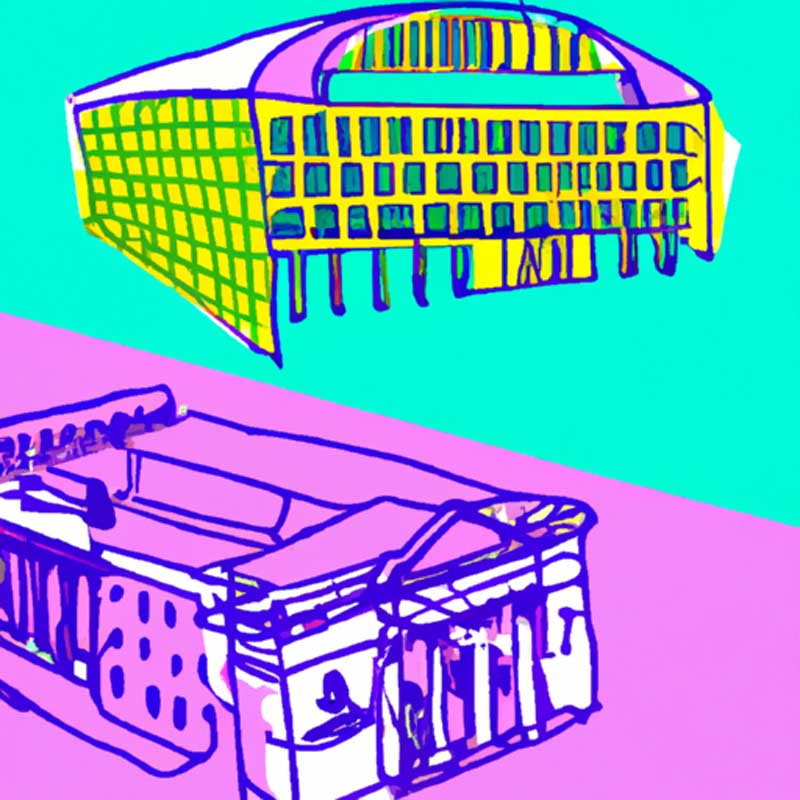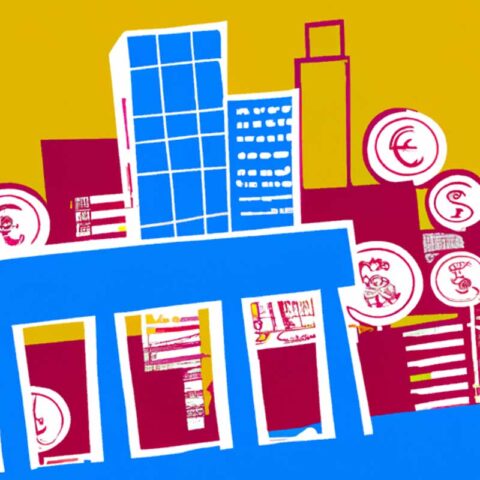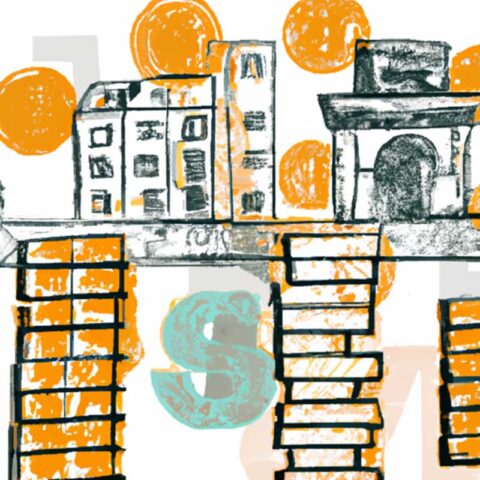TLDR: Debt relief can have a significant positive impact on a person’s financial health. The average credit card balance is $6,365, and many people have higher levels of debt. Debt relief can reduce stress and improve mental well-being, increase savings and emergency fund contributions, improve credit scores and access to better financial opportunities, and enhance the ability to invest and build wealth. There are various debt relief options to consider, including debt consolidation, debt settlement, credit counseling, debt management plans, and bankruptcy. Consulting with financial experts or debt relief agencies can help individuals choose the most suitable option for their unique situation.
Debt can be a significant burden on a person’s financial well-being, especially high-interest credit card debt. This can impact various aspects of a person’s life, from daily stress levels to long-term financial goals. The average credit card balance is $6,365 as of Q2 2023, and many individuals have higher levels of debt.
Debt relief strategies can alleviate the stress of overwhelming debt and pave the way to a brighter financial future. There are four big ways that debt relief can improve a person’s finances:
- Reduced stress and improved mental well-being: Debt relief can alleviate financial worries, leading to a profound sense of relief and improvement in overall mental well-being. This can positively impact other areas of life, allowing individuals to better focus on personal and professional endeavors.
- Increased savings and emergency fund contributions: Debt relief provides an opportunity to redirect funds towards building an emergency fund and increasing savings. This financial cushion prevents the need to accumulate more debt in the face of unexpected expenses.
- Improved credit score and access to better financial opportunities: Successfully navigating debt relief programs can lead to an improved credit score, providing access to lower interest rates on loans and credit cards. This newfound financial credibility empowers individuals to make more informed choices and take advantage of favorable terms when seeking financial products.
- Enhanced ability to invest and build wealth: Debt relief frees up immediate cash flow and helps individuals consider long-term financial goals, such as investing and building wealth. With reduced debt obligations, individuals can allocate more funds towards investment opportunities, retirement accounts, and other wealth-building strategies.
There are various debt relief options to consider, including debt consolidation, debt settlement, credit counseling, debt management plans, and bankruptcy. Each option is tailored to different financial situations and preferences.
Debt consolidation combines multiple debts into a single, more manageable payment, potentially resulting in lower interest rates. Debt settlement involves negotiating with creditors to settle for a reduced amount. Credit counseling offers professional guidance on managing debts, and debt management plans involve a structured repayment plan with reduced interest rates. Bankruptcy provides a legal discharge of most debts and offers a fresh financial start.
It is important to choose the right debt relief option based on individual circumstances, financial goals, and personal preferences. Seeking professional advice from financial experts, credit counselors, or debt relief agencies can provide personalized insights into the most suitable path.
In conclusion, debt relief is a transformative process that can positively impact mental health, open doors to better financial opportunities, and lay the foundation for long-term financial success. By embracing debt relief strategies, individuals can free themselves from overwhelming debt and create a pathway towards a more secure and fulfilling financial future.







